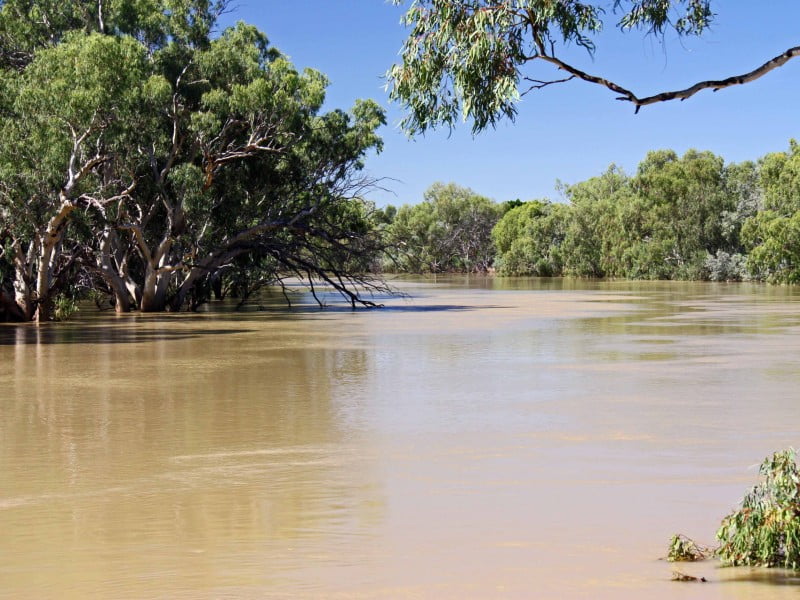The University of Melbourne will lead a new $156.5 million Cooperative Research Centre focusing on protecting the Murray-Darling Basin with $50 million in federal government funding.
The One Basin Cooperative Research Centre (CRC) will look to achieve a more productive, resilient and sustainable Murray-Darling Basin, and to develop and commercialise opportunities for Australia’s irrigated agriculture and rural water industries.
It will be led by the University of Melbourne, with partners to include the Australian National University, the Charles Sturt University, the Goyder Institute, Hort Innovation, the Murray-Darling Basin Authority, Sensand Technologies and the University of Sydney.

The $50 million in Commonwealth funding will be combined with $106.5 million from the 85 partners in total.
The latest CRC is the last of three to be announced through round 23 of the program, with all three now having been unveiled during the election campaign.
The One Basin CRC announcement follows accusations this week of the Coalition again politicising research through the announcement of these CRCs, with some informed about the outcome of their bid through an election campaign press release issued by the government.
The newest CRC will create and assess new sustainable water and agricultural technologies and drive their adoption by water managers and farmers to increase agricultural production, while ensuring environmental resilience and sustainability, the CRC’s interim CEO and University of Melbourne Professor Mike Stewardson said.
“By 2037, an estimated $4.3 billion of economic impact will be generated by innovation in water, agriculture and energy technology, enhanced forecasting and decision-making capacity, with a focus on sustainability and resilience in the face of climate change,” Professor Stewardson said.
“Australia’s irrigation regions are the powerhouse of Australia’s agricultural sector producing 50% of Australia’s agricultural profits, with the Murray-Darling Basin being the focus of two thirds of that irrigated agriculture”
The CRC will have four regional Basin hubs: Loxton, Mildura, Griffith and Goondiwindi.
The centre will also look to create new business models and technologies to help respond to challenge climate events and improve effective environmental stewardship.
The two other CRCs to receive Commonwealth funding through round 23 of the program have also been announced during the election campaign.
The Solving Antimicrobial Resistance in Agribusiness, Food and Environments CRC, which will receive $34.5 million, was announced by a Coalition campaign headquarters media release, as was the Sovereign Manufacturing Automation for Composites CRC, which will receive $69.9 million from the government.
The nature of these announcements has angered some in the sector.
These large funding grants were approved and the winning bidders were informed in early April under embargo. But the public announcements were held back by at least a month to coincide with the election campaign.
This was labelled by one researcher involved with a successful CRC bid as “next-level manipulation of public research funding for political point scoring”.
Do you know more? Contact James Riley via Email.

